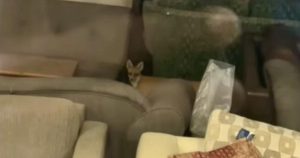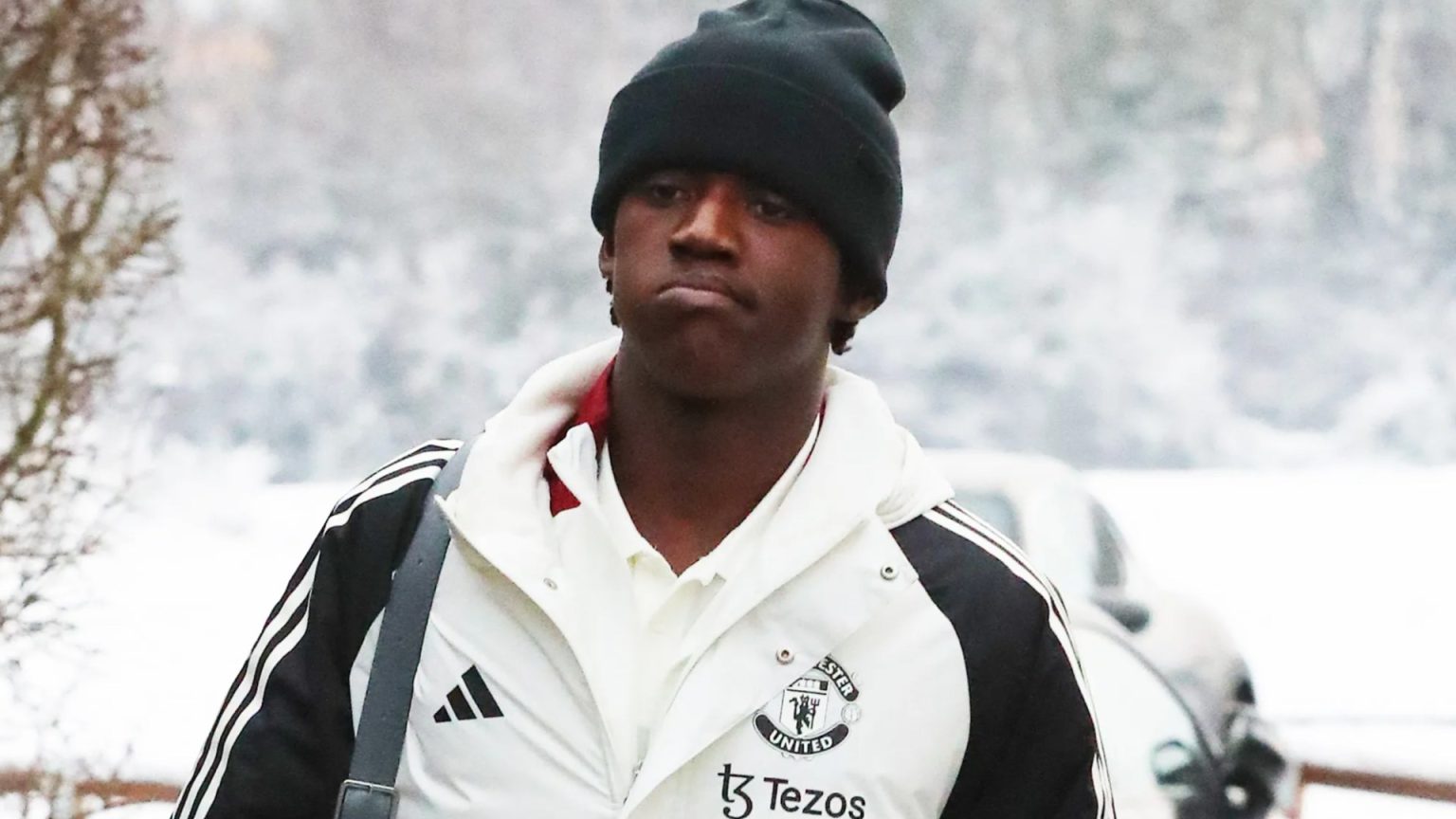Kobbie Mainoo, the 19-year-old Manchester United midfielder, finds himself at a crossroads. His rapid ascent from the Under-21s to the first team, culminating in a decisive goal in the FA Cup final and a prominent role in England’s European Championship campaign, has sparked discussions of a significant pay raise. Currently earning £20,000 a week on a contract that extends to 2027, Mainoo is reportedly seeking a substantial increase, potentially reaching £200,000 a week, amidst interest from other clubs like Chelsea. However, Manchester United manager Ruben Amorim, while acknowledging Mainoo’s talent and recent progress, stresses the need for further development before the young midfielder can be considered a finished product. Amorim emphasizes the immense potential Mainoo possesses but insists that there is still considerable room for growth and improvement. He highlights Mainoo’s performances, noting visible progress, but cautions against premature pronouncements of the player reaching his peak.
Amorim’s assessment of Mainoo underscores the delicate balance between nurturing emerging talent and managing financial expectations. While Mainoo’s contributions have been undeniable, his manager’s comments serve as a reminder that consistent performance and continued development are crucial for long-term success. The manager’s perspective also introduces a practical consideration: matching escalating salary demands with on-field performance. While Mainoo’s aspirations are understandable given his recent achievements and market interest, Amorim’s viewpoint suggests that the club’s priority is fostering sustained growth and ensuring that any financial rewards align with demonstrable progress and value to the team. The subtext of Amorim’s message is clear: earn your place among the high earners through consistent excellence and demonstrable improvement.
Further complicating Mainoo’s situation is the arrival of Manuel Ugarte, a summer signing who has impressed with his performances in defensive midfield, the same position Mainoo occupies. Ugarte’s strong showing, particularly in the draw against Liverpool, has set a high bar for others competing for a starting role, including Mainoo. Amorim praises Ugarte’s aggressive style and improving ball-playing abilities, highlighting him as a “good example” for other players. This indirect comparison adds another layer of complexity to Mainoo’s situation, suggesting that he faces stiff competition for a regular starting spot and must continue to elevate his game to remain a key figure in Amorim’s plans.
Beyond Mainoo’s individual circumstances, Amorim faces the broader challenge of managing Manchester United’s financial precariousness. Reports suggest that the club is open to considering offers for all players, including homegrown talents like Mainoo and Alejandro Garnacho, to address financial constraints and comply with financial fair play regulations. This revelation has understandably created unease among the players, prompting Amorim to reassure his squad. He has communicated that while offers may be considered, no player will be sold against his wishes. This message aims to provide clarity and stability amidst the financial uncertainty, emphasizing that performance and the manager’s assessment will ultimately determine a player’s future at the club.
Amorim’s stance on player sales reflects his commitment to building a strong, cohesive team while navigating the club’s financial realities. He emphasizes the importance of improved recruitment, focusing on identifying players who can meet the demands of playing for Manchester United. He also highlights the need to strengthen the academy and develop young players who identify with the club’s values. This long-term vision is coupled with a pragmatic approach to financial management, acknowledging the necessity of generating funds through player sales while ensuring that such decisions align with the team’s overall strategic objectives. Amorim’s message reinforces his commitment to retaining key players, particularly those who have emerged from the academy, while also acknowledging the club’s need to make prudent financial decisions.
In conclusion, Kobbie Mainoo’s future at Manchester United remains an open question. While his talent is undeniable, his manager’s emphasis on continued development and the arrival of a strong competitor in Manuel Ugarte underscore the challenges he faces in securing both a regular starting role and the substantial pay raise he seeks. Further complicating matters is the club’s precarious financial situation, which could lead to player sales, although Amorim insists that no departures will occur without his approval. This complex interplay of individual ambition, team dynamics, and financial realities will ultimately shape Mainoo’s trajectory at Old Trafford. His future, it seems, is contingent upon continued improvement on the pitch, the manager’s assessment of his value to the team, and the club’s ability to navigate its financial challenges while retaining its most promising assets.




